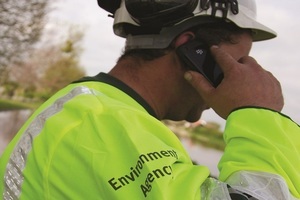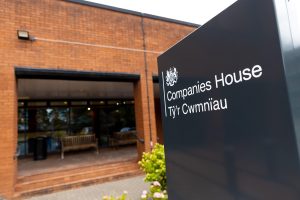Paint firm fined £650,000 after toxic chemical released into Devon river

A marine paint-making company, owned by multi-national AkzoNobel, has been fined £650,000 after a highly toxic banned chemical was washed out from a holding tank into a river in Devon.
International Paint, owned by multi-national AkzoNobel, was found guilty on two charges following a nine day hearing at Plymouth Crown Court last October in a prosecution brought by the Environment Agency.
The company had denied both offences relating to the discharge of hazardous waste from a tank located on the quay at its Newton Ferrers paint testing facility.
But at yesterday’s sentencing hearing, the company was fined £650,000 and ordered to pay costs of £144,992.
The Environment Agency launched an investigation after the company tried to sell the premises in 2015 and possible pollution had been reported.
International Paint Ltd manufactured paints, including anti-fouling paints for ships, and had run a testing facility on the River Yealm at Newton Creek near Newton Ferrers since 1928. The estuary is a Special Area of Conservation due to its rich flora and fauna.
Since the 1970s formulations containing tributyltin (TBT) had been used as a coating to prevent the build-up of animals and plants on ships’ hulls. But it proved to be so toxic to the wider marine environment that it was banned from use on small vessels in the UK in the late 1980s and was banned completely worldwide during the 2000s.
One drop of TBT in an Olympic sized swimming pool equals one part per trillion (PPT). The safe level of TBT is 0.2 PPT or a fifth of a drop.
The Environment Agency’s investigation found evidence that the chemical, along with copper, arsenic and mercury, had been present in sediment in a tank at the site and some of the sediment had escaped out into the estuary. A bung on another tank was found to have come out leaving it open to the estuary before it was eventually permanently sealed with concrete.
Expert Dr Michael Waldock, carried out a review of sample analysis results from sediment from the tank and from the adjacent estuary for the Environment Agency. He found that nine out of 11 samples exceeded the safe limit for TBT and that, close to the site, one sample contained 80,000 times the safe level.
He concluded that the TBT levels in the estuary were sufficient to have the potential for a major toxic effect on marine life.
James Wimpress of the Environment Agency said: “The company not only failed in its duty of care to the environment, but also denied any wrongdoing during the investigation and throughout the trial. We’re extremely pleased with the outcome and hope this serves as a warning to other companies that we will not hesitate to pursue those that act without regard to their responsibilities.”









